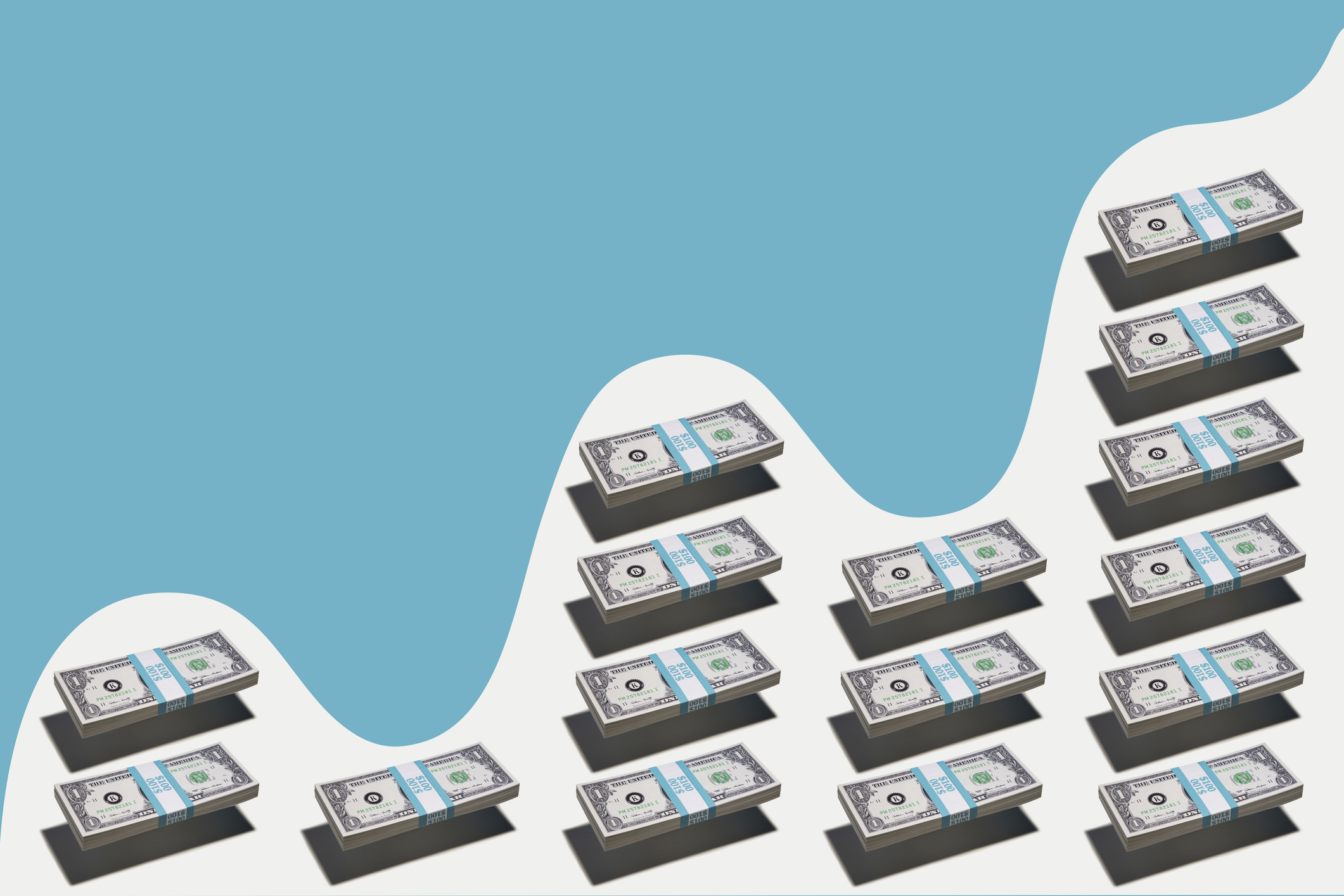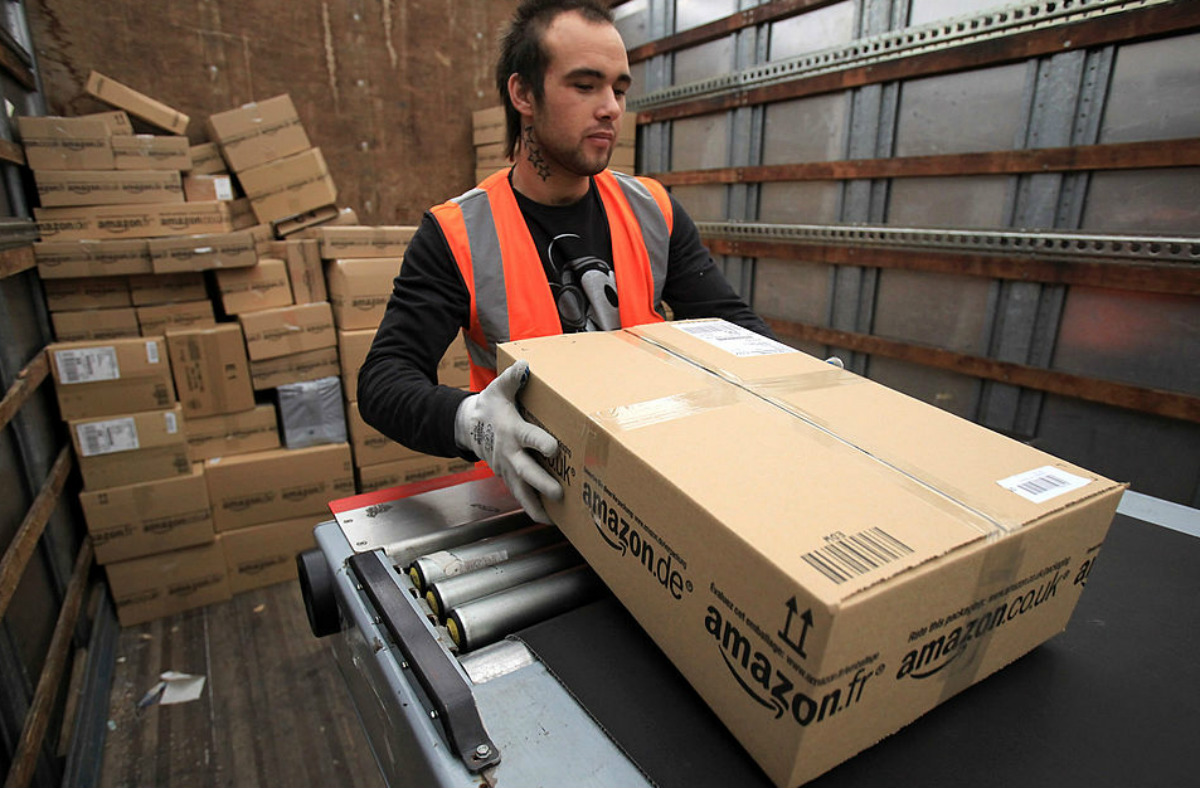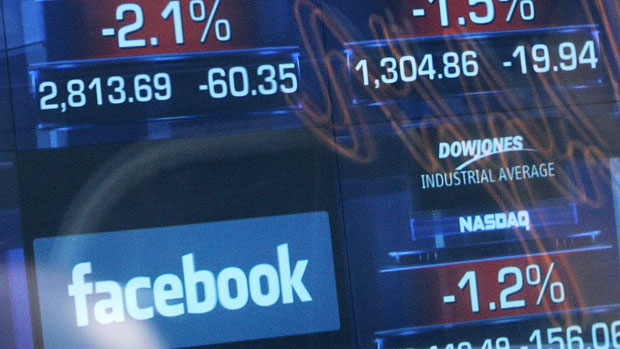How to avoid overspending on Prime Day
Amazon's big two-day sale event is a good chance to snag a deal, but don't let yourself go overboard


A free daily email with the biggest news stories of the day – and the best features from TheWeek.com
You are now subscribed
Your newsletter sign-up was successful
It's already maybe a little bit too easy to buy things on Amazon: Just a few quick clicks of a button to confirm some pre-entered information, or a single press of the mouse for one-click ordering. So when you throw in the plethora of deals available on Amazon Prime Day, it's easy to see how someone could get a little carried away and end up overspending.
It is possible, though, to spend responsibly on Prime Day.
Set some limits ahead of time
Setting limits — both on how much you can spend and how many items you can buy — can help you stay in check on Prime Day. "Even if this limit is self-imposed, it can successfully trick you into staying within your budget," said CNBC Select.
The Week
Escape your echo chamber. Get the facts behind the news, plus analysis from multiple perspectives.

Sign up for The Week's Free Newsletters
From our morning news briefing to a weekly Good News Newsletter, get the best of The Week delivered directly to your inbox.
From our morning news briefing to a weekly Good News Newsletter, get the best of The Week delivered directly to your inbox.
Sit down before the shopping frenzy begins and consider what limits you're comfortable sticking within, given your budgetary and other constraints. For instance, you might pledge to buy no more than three items, or cap your spending at $150.
Make a list and stick to it
"Navigating a sale as vast as Prime Day without a list can be not only overwhelming but also lead to overspending," added CNBC Select. Aim to log onto Amazon with a shopping plan fully formulated as opposed to just scrolling through page after page of deals and getting lured by what seem like good prices. You'll want to aim to put items on your list that you've actually been considering purchasing and that tend to be well-priced at this time of the year.
If you're worried that scrolling will simply lead to temptation, "you can sign up to be notified when the item goes on sale and skip the temptation brought on by browsing the sales," said CNBC Select.
Take the time to comparison shop
Just because something is marked as a deal doesn't mean it is (or that it's the best one currently on offer). Before you check out, "take a second to Google the items you're considering so you can see the price across multiple stores," suggested Wired.
A free daily email with the biggest news stories of the day – and the best features from TheWeek.com
There are also some helpful tools that you can use to see some details on an item's price history. One is called Camelcamelcamel, which "tracks Amazon's prices over time," Wired said. All you have to do is paste the Amazon link or an item's ASIN into the search bar and "you'll be able to see an item's lowest recorded price, its average price, and how frequently the price fluctuates." Or, if you're opposed to opening a new tab, there's also a downloadable extension called Keepa, which "shows the recent price history for products directly on the Amazon page," added Wired.
Pause before purchasing
This might seem antithetical to the limited-time deals offered on Prime Day, but it's critical to curbing impulse buys. "Prime Day is such a risk because it creates a sense of urgency. In reality, you should be taking your time," Lauren Anastasio, certified financial planner and director of financial advice at investing app Stash, told CNBC Select.
"Put an item in your cart on the first day and wait 24 hours before deciding to go through with purchasing it," CNBC Select suggested. That way can more clearly assess "if you really need the product instead of just buying it in the moment."
Another suggestion that Anastasio offered to CNBC Select was to think about the purchase in relation to your future self. "If you can look ahead and imagine the expense meaningfully impacting your life, it's probably worth it," Anastasio said. But "if you anticipate any buyer's remorse because you wish you had saved the money or spent it more wisely, it's best to refrain."
And even if an item does sell out on Amazon Prime by the time you decide you really do want to buy it, there's still "a high chance that another store will be offering a similar or matching discount," said Wired. "Sometimes expired deals can come back in stock, too."
Maintain some perspective
Amazon Prime Day might be a popular sale, but it's certainly not the only sale of the year. There will always be more sales to come, and some might even have better deals on other items, said CNBC Select.
The "mid-July sales season is a great time to stock up on some items, including school supplies and fitness trackers, but it might not be the best time for other purchases," CNBC Select added. For instance, bedding and mattresses may go for cheaper over Labor Day, whereas gaming consoles and kitchen supplies tend to go for less during Black Friday and Cyber Monday.
Becca Stanek has worked as an editor and writer in the personal finance space since 2017. She has previously served as the managing editor for investing and savings content at LendingTree, an editor at SmartAsset and a staff writer for The Week.
Becca Stanek has worked as an editor and writer in the personal finance space since 2017. She previously served as a deputy editor and later a managing editor overseeing investing and savings content at LendingTree and as an editor at the financial startup SmartAsset, where she focused on retirement- and financial-adviser-related content. Before that, Becca was a staff writer at The Week, primarily contributing to Speed Reads.
-
 The ‘ravenous’ demand for Cornish minerals
The ‘ravenous’ demand for Cornish mineralsUnder the Radar Growing need for critical minerals to power tech has intensified ‘appetite’ for lithium, which could be a ‘huge boon’ for local economy
-
 Why are election experts taking Trump’s midterm threats seriously?
Why are election experts taking Trump’s midterm threats seriously?IN THE SPOTLIGHT As the president muses about polling place deployments and a centralized electoral system aimed at one-party control, lawmakers are taking this administration at its word
-
 ‘Restaurateurs have become millionaires’
‘Restaurateurs have become millionaires’Instant Opinion Opinion, comment and editorials of the day
-
 What are the Magnificent Seven stocks and why do they matter?
What are the Magnificent Seven stocks and why do they matter?The Explainer It might seem like a no-brainer to dump your money into these Magnificent Seven stocks — but not so fast
-
 Britons spend more online than anyone else in world
Britons spend more online than anyone else in worldSpeed Read UK households spend £4,600 on the internet, with the biggest share going on entertainment
-
 Technology shares in decline: Dotbomb 2.0 or slow puncture?
Technology shares in decline: Dotbomb 2.0 or slow puncture?In Depth Shares in tech giants including Google, Yahoo and Facebook fall sharply, but could it be time to invest?
